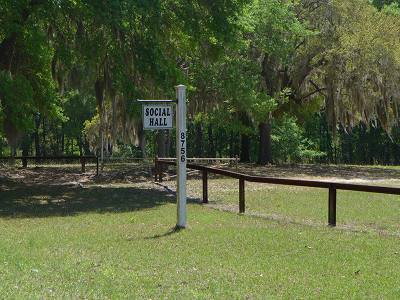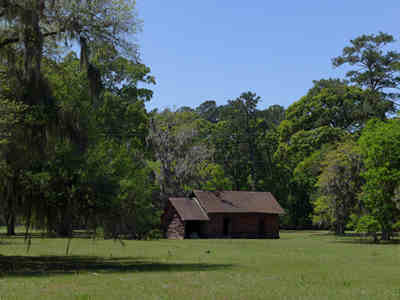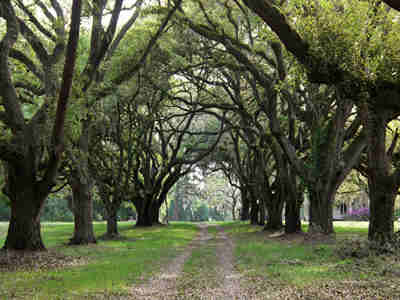Social Hall Plantation – Fenwick – Colleton County
Basic Information
- Location – Chehaw River, Fenwick, St. Bartholomew's Parish, ACE Basin, Colleton County
8756 Bennett's Point Road (2)
- Origin of name – The plantation house was known to have a large room for musical presentations (1, p. 115)
- Other names – Concert Hall
- Current status – ?
Timeline
- ? – Earliest known date of existence
- ? – House built
- 1767 – James Skirving owned over 4,400 acres between the Ashepoo and Chehaw rivers (1, p. 112).
- Circa 1770 – James Skirving divided his property and gave much of it to his children. Daughter Elizabeth and her husband Philip Smith received 1,100 acres on the Ashepoo River which became known as Airy Hall Plantation. The other Chehaw [Cheeha] Neck property would become owned by James' son William Skirving after the death of the other heirs. Part of this would become Social Hall Plantation (1, p. 114).
- ? – William's daughter Ann Rebecca Skirving Smith inherited the plantation upon his death (1, p. 114).
- 1825 – The Robert Mills map of this year notes the plantation as "Concert Hall" owned by Thomas Rhett Smith. Thomas was married to Ann Rebecca Skirving Smith (1, p. 115).
- 1828 – William Skirving's estate had been left holding many debts and much of the property was sold to pay them. Ann Smith's son-in-law, William Elliott (married to Ann's daughter Ann Hutchinson Smith Elliott) paid $6,000 to purchase Social Hall Plantation and Smilies Plantation from the Equity Court (1, p. 114).
- 1863 – William Elliott passed away in Charleston leaving Social Hall to his wife Ann (1, p. 117).
- 1864 – Union troops destroyed the house at Social Hall (1, p. 117).
- Late 1800s – After the Civil War, William and Ann Elliott's sons, William and Ralph, tried to farm again at Social Hall while living in tents. Their efforts proved to be unsuccessful (1, p. 117).
- 1866 – Ann Elliott's daughter Harriet had married General Ambrosio Gonzales of Cuba. Gonzales purchased Social Hall for $5,000 from Ann. The only structures on the plantation at this time were four one-room cabins (1, p. 117).
Two of Ambrosio and Harriet's sons, Narciso Gener Gonzales and Ambrose E. Gonzales, founded The State newspaper in Columbia in 1891 (1, p. 117).
- 1868 – Gonzales returned to Cuba after his attempt of milling lumber off Social Hall failed (1, p. 117).
- 1871 – Gonzales didn't have the funds to pay the taxes on Social Hall and J. Dalton Warren purchased it for $83.88 at a tax sale (1, p. 118).
Land
Slaves
- Number of slaves – ?
Buildings
- As of 2014, there was a house and a shed on the property. We do not know the age of these buildings or if other structures exist.
References & Resources
- Suzanne Cameron Linder, Historical Atlas of the Rice Plantations of the ACE River Basin - 1860
(Columbia, SC: South Carolina Department of Archives and History, 1995)
 Order Historical Atlas of the Rice Plantations of the ACE River Basin - 1860
Order Historical Atlas of the Rice Plantations of the ACE River Basin - 1860
- Information contributed by Gazie Nagle






